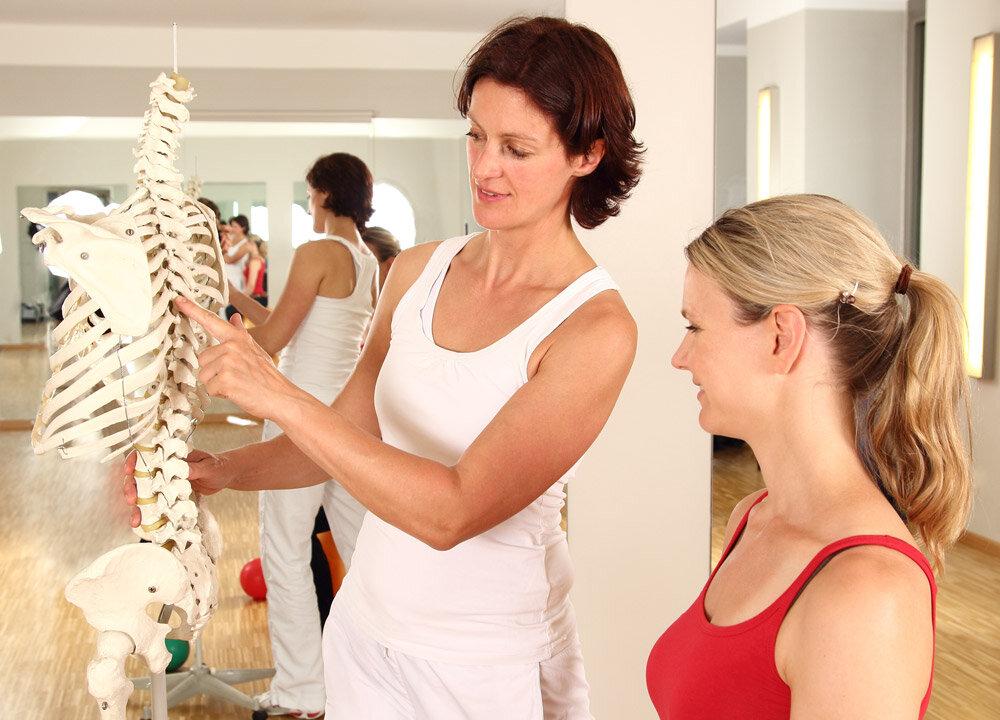There’s a saying that “twitching on the left eyelid forecasts fortune, while twitching on the right eyelid forecasts disaster.” While it’s true that eyelids do occasionally twitch, an abnormally twitching eyelid is a health warning from the body.
Why Do Eyelids Keep Twitching?
It’s an annoyance---short term twitching is distracting, and long term twitching starts to affect your quality of life. Why does it happen all of a sudden? This is related to the instability of the nerves around the eyelids and the abnormal discharge of electricity. Sometimes this may even cause the lower eyelids to twitch.Possible causes are:
- Lifestyle factors: Fatigue, staying up late, stress, tension, and anxiety can all cause abnormal discharge of electricity around the eyes, meaning unstable nerves around the eyes
- Drinking too much coffee and alcohol, as too much caffeine or alcohol causes neurosensitivity
- Drug side effects: In fact, epilepsy drugs may have side effects that cause eye twitching
- Eye diseases, eye overuse, dry eyes, or eye allergies
- Other diseases including brain tumor of hemangioma, hemifacial spasm, bacterial infection, shingles virus infection.





